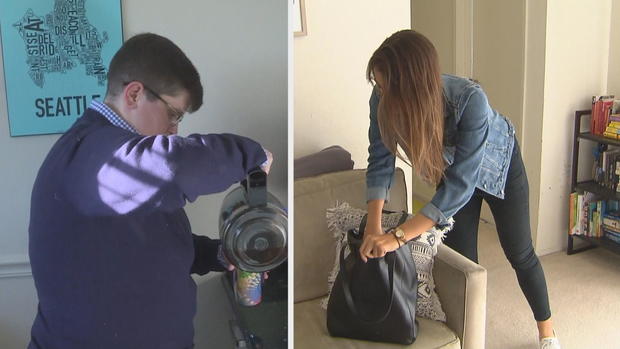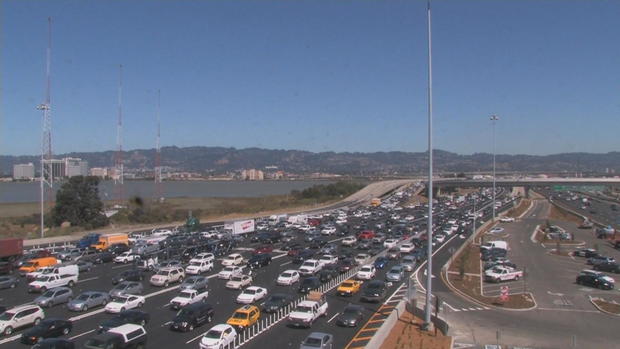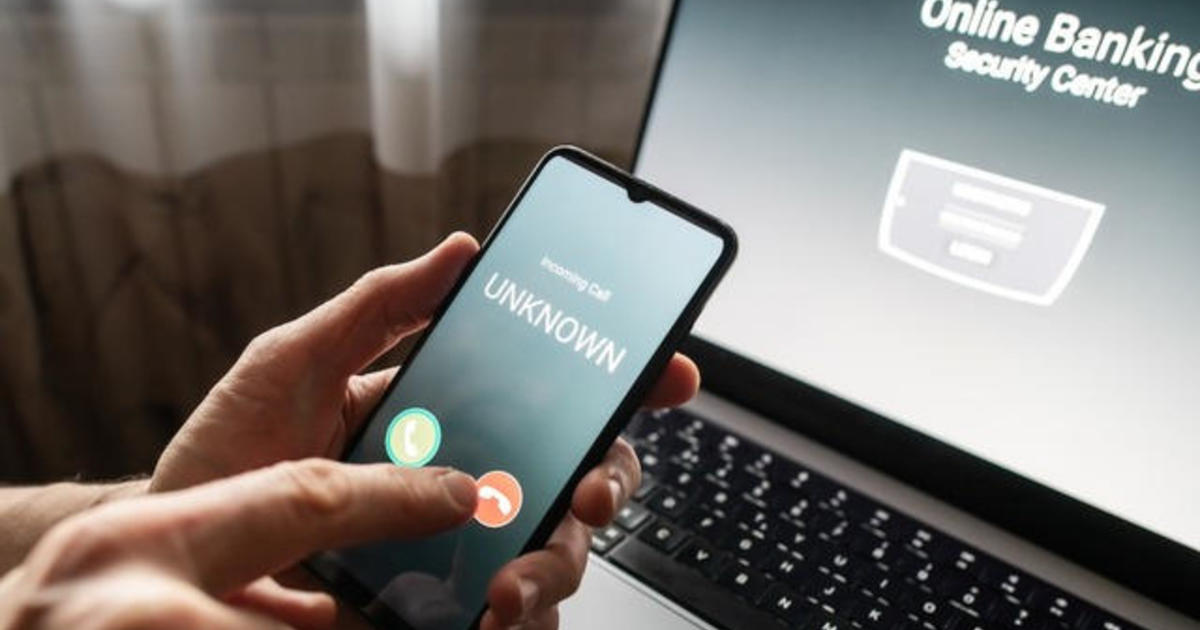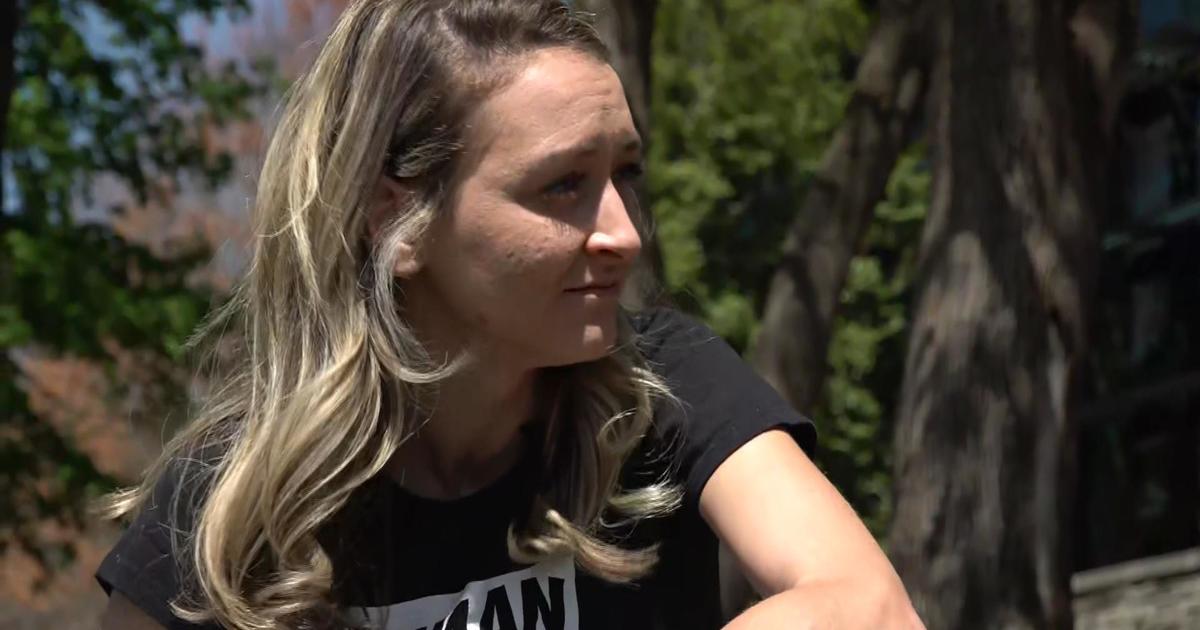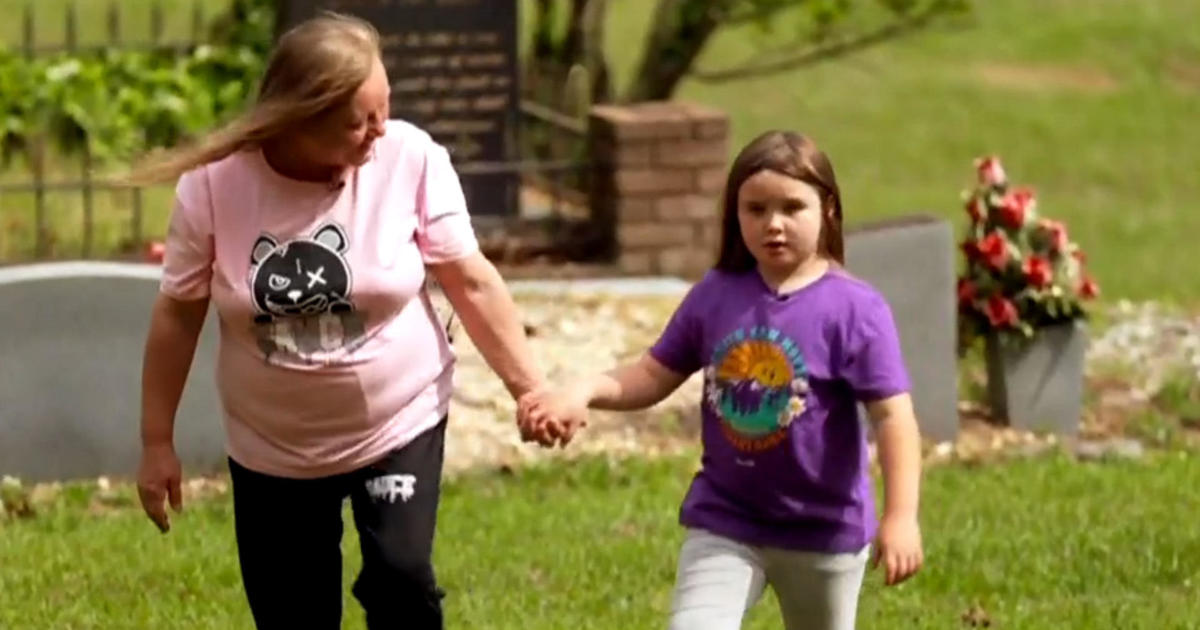Amid popularity of ride-sharing apps, "casual carpool" not slowing down
The traffic and navigation app Waze is launching a new carpooling service today across California that allows passengers to request a ride with someone already driving along their route, costing them only a share of the gas money.
Other ride-hailing apps like Uber and Lyft have already connected millions with their carpooling options.
But long before they came along, there was casual carpool.
The grassroots commuting option has sprung up in places like Washington and Houston, reports CBS News correspondent John Blackstone who recently tested the concept where it all started--San Francisco.
Shortly after 8:00 a.m. on a typical weekday morning, both Meghan Christenson and Shoshana Gould are getting ready for work. They live within blocks of each other in Oakland, California, but have never met.
Both women work about 10 miles away across the bay in downtown San Francisco and both face the same frustrating traffic obstacle known as "the maze."
Three major interstates all converge at the east end of the Bay Bridge, creating a bottleneck that often delays drivers by more than an hour.
For almost 40 years, the solution for thousands of commuters like Christenson and Gould has been something called "casual carpool."
At more than 20 locations scattered throughout the East Bay region, people who need a ride into San Francisco line up each weekday morning and jump into the next car that pulls up.
"It's like ad hoc carpooling," Gould said.
Typically the rider is expected to chip in a dollar for the toll, but the real draw for solo drivers like Christenson -- adding at least two passengers gives them access to a restricted car pool lane onto the bridge.
Christenson said this can save her about 35 minutes.
According to University of California Berkeley researcher Susan Shaheen, "about 6,000 people are doing this daily." Shaheen is one of the few social scientists who has studied the almost 40-year-old phenomenon that was born during a crippling 1979 public transit strike.
"We found that the median wait time for a driver was just two minutes and they were doing this long before Lyft and Uber," Shaheen said.
And there's no app involved.
"It's completely organic!" Shaheen said.
"You don't need an app to do everything, there are ways to live your life without that," Gould said.
While some casual carpoolers are attracted to the system's analog appeal, many feel it was the modern sharing economy that erased fears about getting into a stranger's car.
"The tech world has actually made us a little bit more trusting of people around us, because we hop in the car all the time with Uber drivers and Lyft drivers," Christenson said.
"Yeah, I feel like if you can rent a room in a stranger's apartment and sleep there comfortably, then you can get a ride comfortably with a stranger in the city," Gould said.
In an age when Uber claims its users have taken more than 600 million uberPOOL rides, and Lyft boasts of 28 million rides on its Lyft Line feature, casual carpool is the little transit system that pre-dates them all, and shows no signs of slowing down.
